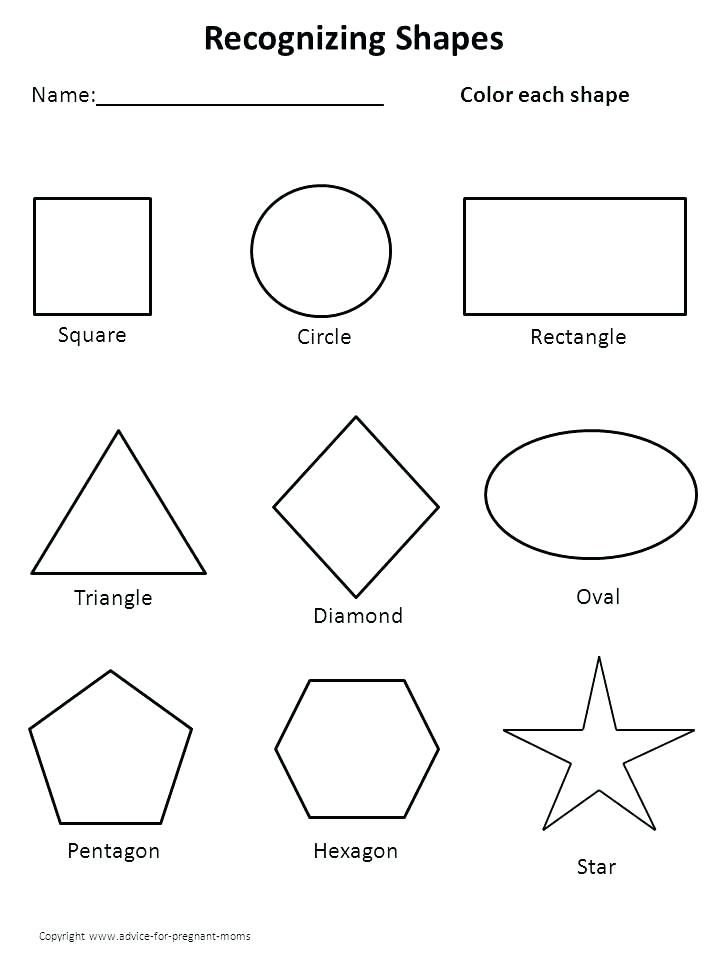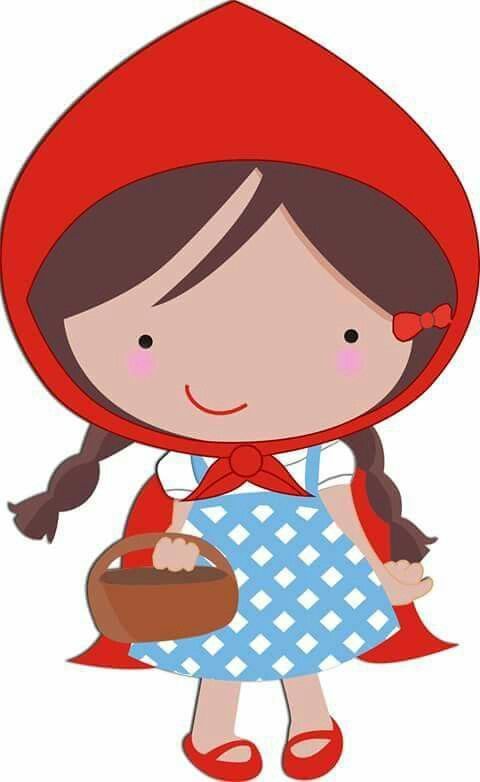Tales of stories
Famous Fairy Tales | Bedtime Stories
Skip to content
The most popular fairy tales throughout the ages. Cinderella, Little Red Riding Hood, Beauty and the Beast and more!
20 Mins+ Age 7-12 All Fairy Tales Brothers Grimm Fairy Tales Fairy Tales Famous Fairy Tales
The story of beautiful Snow White, the seven dwarfs and the evil Queen.
10 Min Stories Age 7-12 All Fairy Tales Animals Brothers Grimm Fairy Tales Fairy Tales Famous Fairy Tales German Fairy Tales
A mother goat leaves her seven kids at home alone... are they smart enough to outwit a visiting wolf ?
5 Min Stories Age 7-12 All All Fairy Tales Brothers Grimm Fairy Tales Fairies Fairy Tales Fairy Tales Famous Fairy Tales German Fairy Tales Illustrated Bedtime Stories Magic
A shoemaker and his wife have magical assistance from some elves every evening when they go to bed. But do the elves need help too?
10 Min Stories Adventures Age 7-12 All Fairy Tales Brothers Grimm Fairy Tales Fairy Tales Famous Fairy Tales German Fairy Tales Magic Princes & Princesses
A king suspects that his twelve daughters go dancing every night... and a young prince takes the challenge to discover them.
20 Mins+ Adventures Age 7-12 All Fairy Tales Arabian Nights Fairy Tales Arabic Fairy Tales Famous Fairy Tales
Ali Baba discovers a wonderful cave of riches... but will the forty thieves discover him?
10 Min Stories Age 7-12 All Fairy Tales Animals Fairy Tales Famous Fairy Tales Monsters Norse Fairy Tales
Three Billy Goats Gruff try to cross a bridge - and outwit a Troll who wants to eat them!
20 Mins+ Adventures Age 7-12 All Fairy Tales Brothers Grimm Fairy Tales Fairy Tales Famous Fairy Tales German Fairy Tales Magic Princes & Princesses
The classic tale of a beautiful girl, a wicked Queen, a magic mirror, and seven dwarves!
10 Min Stories Adventures Age 7-12 All Fairy Tales English Fairy Tales Fairy Tales Famous Fairy Tales Magic Picture Books Vintage Stories
Tom Thumb is a boy the size of a thumb - imagine what adventures he has! Reading time: 10 mins.
Snow White and the Seven Dwarfs | Fairy Tales
Story Reads: 273,420
This is a vintage fairy tale, and may contain violence. We would encourage parents to read beforehand if your child is sensitive to such themes.
Once upon a time in the middle of winter, when the flakes of snow were falling like feathers from the clouds, a Queen sat at her palace window, which had an ebony black frame, stitching her husband’s shirts. While she was thus engaged and looking out at the snow she pricked her finger, and three drops of blood fell upon the snow. Now the red looked so well upon the white that she thought to herself, “Oh, that I had a child as white as this snow, as red as this blood, and as black as the wood of this frame!” Soon afterwards a little daughter came to her, who was as white as snow, and with cheeks as red as blood, and with hair as black as ebony, and from this she was named “Snow-White.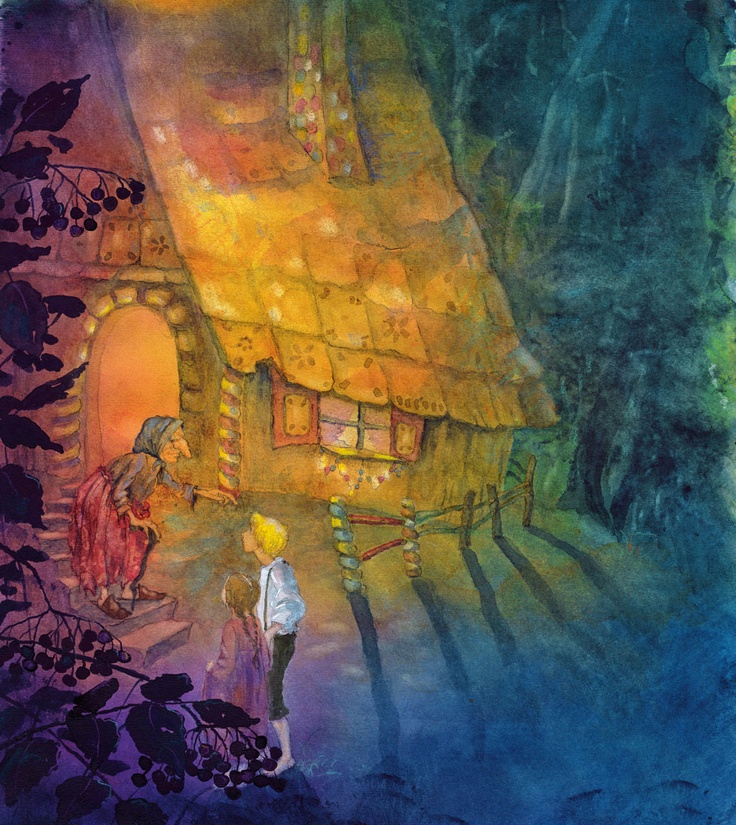 ” And at the same time her mother died.
” And at the same time her mother died.
About a year afterwards the King married another wife, who was very beautiful, but so proud and haughty that she could not bear anyone to be better-looking than herself. She owned a wonderful mirror, and when she stepped before it and said:
“Mirror, mirror on the wall,
Who is the fairest of us all?”
it replied:
“The Queen is the fairest of the day.”
Then she was pleased, for she knew that the mirror spoke truly.
Little Snow-White, however, grew up, and became prettier and prettier, and when she was seven years old she was as fair as the noonday, and more beautiful than the Queen herself. When the Queen now asked her mirror:
“Mirror, mirror on the wall,
Who is the fairest of us all?”
it replied:
“The Queen was fairest yesterday;
Snow-White is the fairest, now, they say.”
This answer so angered the Queen that she became quite yellow with envy.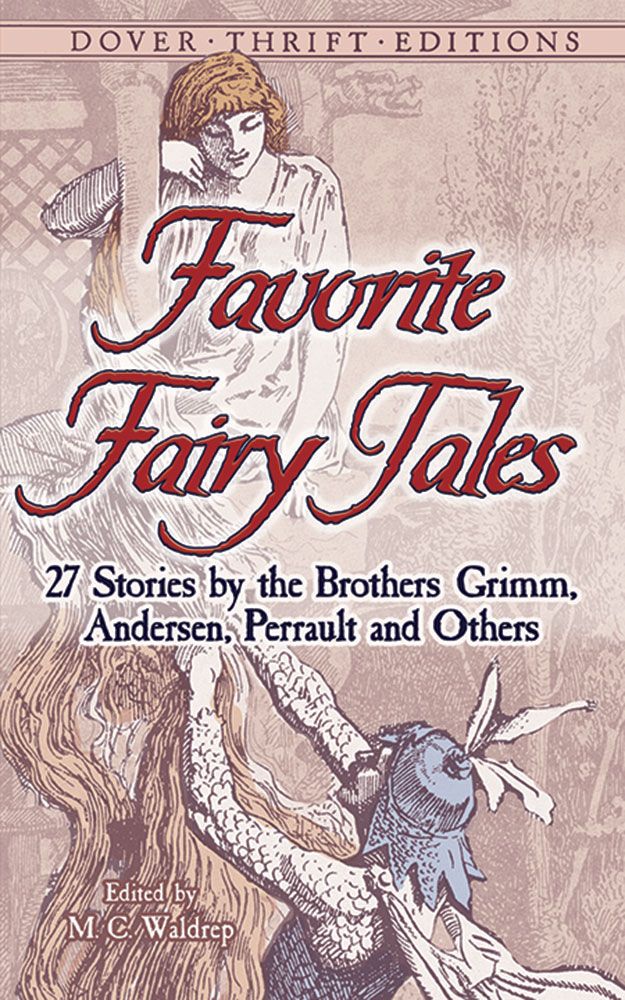 From that hour, whenever she saw Snow-White, her heart was hardened against her, and she hated the little girl. Her envy and jealousy increased so that she had no rest day or night, and she said to a Huntsman, “Take the child away into the forest. I will never look upon her again. You must kill her, and bring me her heart and tongue for a token.”
From that hour, whenever she saw Snow-White, her heart was hardened against her, and she hated the little girl. Her envy and jealousy increased so that she had no rest day or night, and she said to a Huntsman, “Take the child away into the forest. I will never look upon her again. You must kill her, and bring me her heart and tongue for a token.”
The Huntsman listened and took the maiden away, but when he drew out his knife to kill her, she began to cry, saying, “Ah, dear Huntsman, give me my life! I will run into the wild forest, and never come home again.”
This speech softened the Hunter’s heart, and her beauty so touched him that he had pity on her and said, “Well, run away then, poor child.” But he thought to himself, “The wild beasts will soon devour you.” Still he felt as if a stone had been lifted from his heart, because her death was not by his hand. Just at that moment a young boar came roaring along to the spot, and as soon as he clapped eyes upon it the Huntsman caught it, and, killing it, took its tongue and heart and carried them to the Queen, for a token of his deed.
But now poor little Snow-White was left motherless and alone, and overcome with grief, she was bewildered at the sight of so many trees, and knew not which way to turn. She ran till her feet refused to go farther, and as it was getting dark, and she saw a little house near, she entered in to rest. In this cottage everything was very small, but very neat and elegant. In the middle stood a little table with a white cloth over it, and seven little plates upon it, each plate having a spoon and a knife and a fork, and there were also seven little mugs. Against the wall were seven little beds arranged in a row, each covered with snow-white sheets.
Little Snow-White, being both hungry and thirsty, ate a little morsel of porridge out of each plate, and drank a drop or two of wine out of each mug, for she did not wish to take away the whole share of anyone. After that, because she was so tired, she laid herself down on one bed, but it did not suit; she tried another, but that was too long; a fourth was too short, a fifth too hard. But the seventh was just the thing; and tucking herself up in it, she went to sleep, first saying her prayers as usual.
But the seventh was just the thing; and tucking herself up in it, she went to sleep, first saying her prayers as usual.
When it became quite dark the owners of the cottage came home, seven Dwarfs, who dug for gold and silver in the mountains. They first lighted seven little lamps, and saw at once—for they lit up the whole room—that somebody had been in, for everything was not in the order in which they had left it.
The first asked, “Who has been sitting on my chair?” The second, “Who has been eating off my plate?” The third said, “Who has been nibbling at my bread?” The fourth, “Who has been at my porridge?” The fifth, “Who has been meddling with my fork?” The sixth grumbled out, “Who has been cutting with my knife?” The seventh said, “Who has been drinking out of my mug?”
Then the first, looking round, began again, “Who has been lying on my bed?” he asked, for he saw that the sheets were tumbled. At these words the others came, and looking at their beds cried out too, “Some one has been lying in our beds!” But the seventh little man, running up to his, saw Snow-White sleeping in it; so he called his companions, who shouted with wonder and held up their seven lamps, so that the light fell upon the little girl.
“Oh, heavens! oh, heavens!” said they; “what a beauty she is!” and they were so much delighted that they would not awaken her, but left her to sleep, and the seventh Dwarf, in whose bed she was, slept with each of his fellows one hour, and so passed the night.
As soon as morning dawned Snow-White awoke, and was quite frightened when she saw the seven little men; but they were very friendly, and asked her what she was called.
“My name is Snow-White,” was her reply.
“Why have you come into our cottage?” they asked.
Then she told them how her stepmother would have had her killed, but the Huntsman had spared her life, and how she had wandered about the Whole day until at last she had found their house.
When her tale was finished the Dwarfs said, “Will you look after our household—be our cook, make the beds, wash, sew, and knit for us, and keep everything in neat order? If so, we will keep you here, and you shall want for nothing.”
And Snow-White answered, “Yes, with all my heart and will.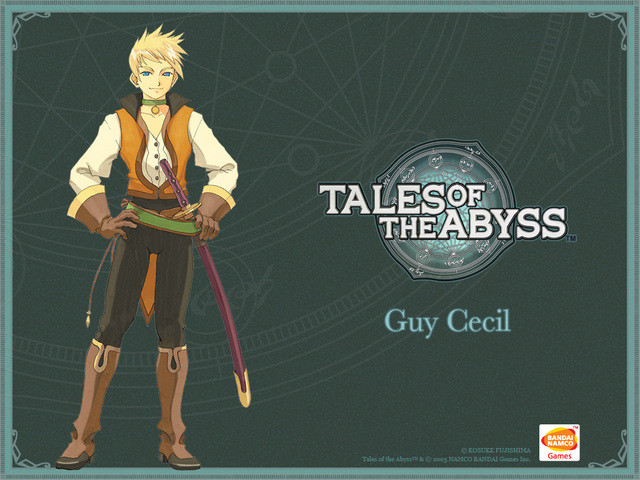 ” And so she remained with them, and kept their house in order.
” And so she remained with them, and kept their house in order.
In the morning the Dwarfs went into the mountains and searched for silver and gold, and in the evening they came home and found their meals ready for them. During the day the maiden was left alone, and therefore the good Dwarfs warned her and said, “Be careful of your stepmother, who will soon know of your being here. So let nobody enter the cottage.”
The Queen meanwhile, supposing that she had eaten the heart and tongue of her stepdaughter, believed that she was now above all the most beautiful woman in the world. One day she stepped before her mirror, and said:
“Mirror, mirror on the wall,
Who is the fairest of us all?”
and it replied:
“The Queen was fairest yesterday;
Snow-White is fairest now, they say.
The Dwarfs protect her from thy sway
Amid the forest, far away.”
This reply surprised her, but she knew that the mirror spoke the truth. She knew, therefore, that the Huntsman had deceived her, and that Snow-White was still alive. So she dyed her face and clothed herself as a pedler woman, so that no one could recognize her, and in this disguise she went over the seven hills to the house of the seven Dwarfs. She knocked at the door of the hut, and called out, “Fine goods for sale! beautiful goods for sale!”
She knew, therefore, that the Huntsman had deceived her, and that Snow-White was still alive. So she dyed her face and clothed herself as a pedler woman, so that no one could recognize her, and in this disguise she went over the seven hills to the house of the seven Dwarfs. She knocked at the door of the hut, and called out, “Fine goods for sale! beautiful goods for sale!”
Snow-White peeped out of the window and said, “Good day, my good woman; what have you to sell?”
“Fine goods, beautiful goods!” she replied. “Stays of all colors.” And she held up a pair which were made of many-colored silks.
“I may let in this honest woman,” thought Snow-White; and she unbolted the door and bargained for one pair of stays.
“You can’t think, my dear, how they become you!” exclaimed the old woman. “Come, let me lace them up for you.”
Snow-White suspected nothing, and let her do as she wished, but the old woman laced her up so quickly and so tightly that all her breath went, and she fell down like one dead. “Now,” thought the old woman to herself, hastening away, “now am I once more the most beautiful of all!”
“Now,” thought the old woman to herself, hastening away, “now am I once more the most beautiful of all!”
At eventide, not long after she had left, the seven Dwarfs came home, and were much frightened at seeing their dear little maid lying on the ground, and neither moving nor breathing, as if she were dead. They raised her up, and when they saw that she was laced too tight they cut the stays to pieces, and presently she began to breathe again, and little by little she revived. When the Dwarfs now heard what had taken place, they said, “The old pedler woman was no other than your wicked stepmother. Take more care of yourself, and let no one enter when we are not with you.”
Meanwhile, the Queen had reached home, and, going before her mirror, she repeated her usual words:
“Mirror, mirror on the wall,
Who is the fairest of us all?”
and it replied as before:
“The Queen was fairest yesterday;
Snow-White is fairest now, they say.
The Dwarfs protect her from thy sway
Amid the forest, far away.”
As soon as it had finished, all her blood rushed to her heart, for she was so angry to hear that Snow-White was yet living. “But now,” thought she to herself, “will I make something which shall destroy her completely.” Thus saying, she made a poisoned comb by arts which she understood, and then, disguising herself, she took the form of an old widow. She went over the seven hills to the house of the seven Dwarfs, and knocking at the door, called out, “Good wares to sell to-day!”
Snow-White peeped out and said, “You must go farther, for I dare not let you in.”
“But still you may look,” said the old woman, drawing out her poisoned comb and holding it up. The sight of this pleased the maiden so much that she allowed herself to be persuaded, and opened the door. As soon as she had bought something the old woman said, “Now let me for once comb your hair properly,” and Snow-White consented.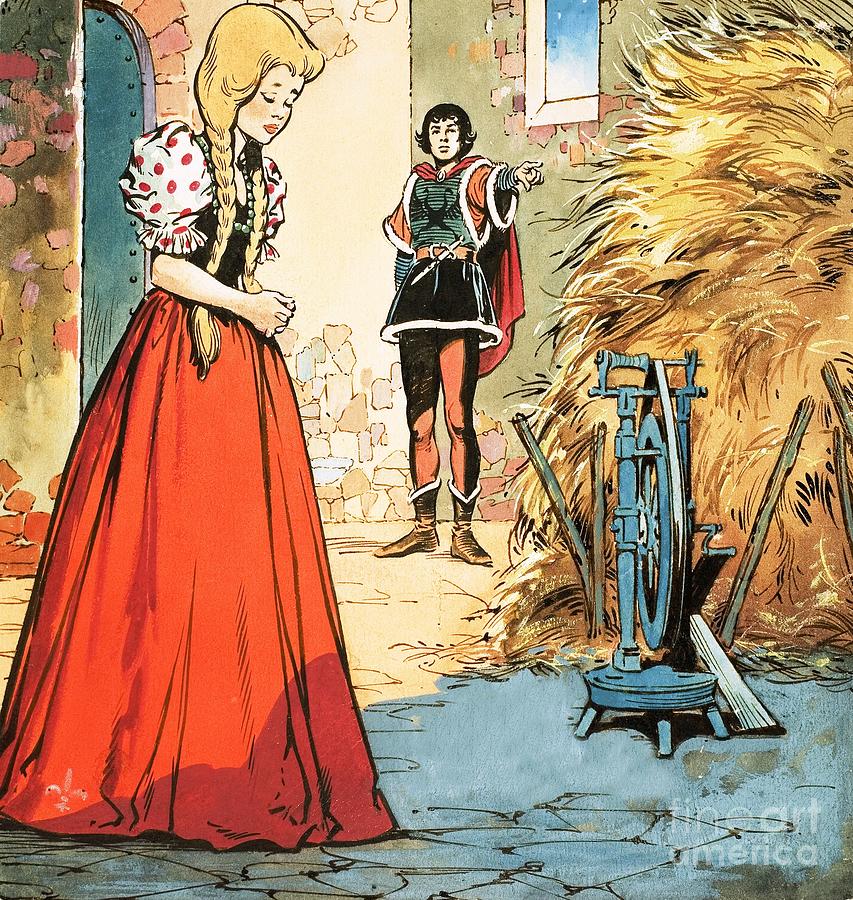 But scarcely was the comb drawn through the hair when the poison began to work, and the maiden fell down senseless.
But scarcely was the comb drawn through the hair when the poison began to work, and the maiden fell down senseless.
“You pattern of beauty,” cried the wicked Queen, “it is now all over with you.” And so saying, she departed.
Fortunately, evening soon came, and the seven Dwarfs returned, and as soon as they saw Snow-White lying, like dead, upon the ground, they suspected the Queen, and discovering the poisoned comb, they immediately drew it out. Then the maiden very soon revived and told them all that had happened. So again they warned her against the wicked stepmother, and bade her open the door to nobody.
Meanwhile the Queen, on her arrival home, had again consulted her mirror, and received the same answer as twice before. This made her tremble and foam with rage and jealousy, and she swore that Snow-White should die if it cost her her own life. Thereupon she went into an inner secret chamber where no one could enter, and made an apple of the most deep and subtle poison. Outwardly it looked nice enough, and had rosy cheeks which would make the mouth of everyone who looked at it water; but whoever ate the smallest piece of it would surely die. As soon as the apple was ready the Queen again dyed her face, and clothed herself like a peasant’s wife, and then over the seven mountains to the house of the seven Dwarfs she made her way.
Outwardly it looked nice enough, and had rosy cheeks which would make the mouth of everyone who looked at it water; but whoever ate the smallest piece of it would surely die. As soon as the apple was ready the Queen again dyed her face, and clothed herself like a peasant’s wife, and then over the seven mountains to the house of the seven Dwarfs she made her way.
She knocked at the door, and Snow-White stretched out her head and said, “I dare not let anyone enter; the seven Dwarfs have forbidden me.”
“That is hard on me,” said the old woman, “for I must take back my apples; but there is one which I will give you.”
“No,” answered Snow-White; “no, I dare not take it.”
“What! are you afraid of it?” cried the old woman. “There, see—I will cut the apple in halves; do you eat the red cheeks, and I will eat the core.” (The apple was so artfully made that the red cheeks alone were poisoned.) Snow-White very much wished for the beautiful apple, and when she saw the woman eating the core she could no longer resist, but, stretching out her hand, took the poisoned part.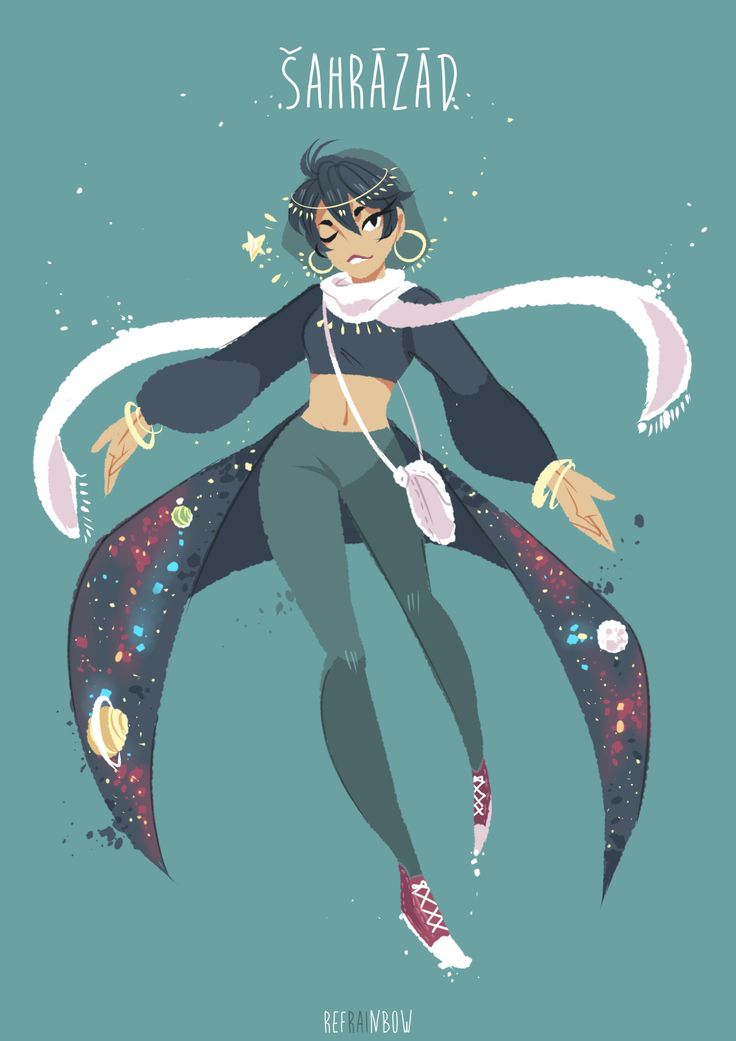 Scarcely had she placed a piece in her mouth when she fell down dead upon the ground. Then the Queen, looking at her with glittering eyes, and laughing bitterly, exclaimed, “White as snow, red as blood, black as ebony! This time the Dwarfs cannot reawaken you.”
Scarcely had she placed a piece in her mouth when she fell down dead upon the ground. Then the Queen, looking at her with glittering eyes, and laughing bitterly, exclaimed, “White as snow, red as blood, black as ebony! This time the Dwarfs cannot reawaken you.”
When she reached home and consulted her mirror—
“Mirror, mirror on the wall,
Who is the fairest of us all?”
it answered:
“The Queen is fairest of the day.”
Then her envious heart was at rest, as peacefully as an envious heart can rest.
When the little Dwarfs returned home in the evening they found Snow-White lying on the ground, and there appeared to be no life in her body; she seemed to be quite dead. They raised her up, and tried if they could find anything poisonous. They unlaced her, and even uncombed her hair, and washed her with water and with wine. But nothing availed: the dear child was really and truly dead.
Then they laid her upon a bier, and all seven placed themselves around it, and wept and wept for three days without ceasing.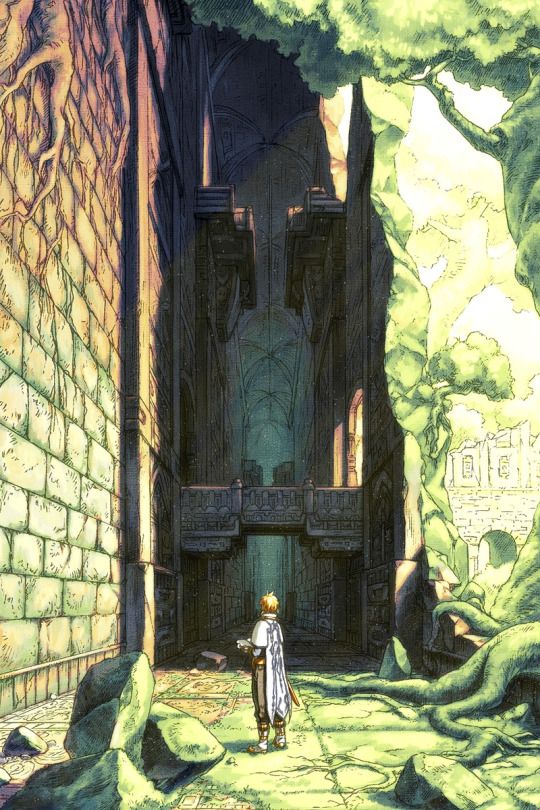 Then they prepared to bury her. But she looked still fresh and life-like, and even her red cheeks had not deserted her, so they said to one another, “We cannot bury her in the black ground.” Then they ordered a case to be made of glass. In this they could see the body on all sides, and the Dwarfs wrote her name with golden letters upon the glass, saying that she was a King’s daughter. Now they placed the glass case upon the ledge on a rock, and one of them always remained by it watching. Even the birds bewailed the loss of Snow-White; first came an owl, then a raven, and last of all a dove.
Then they prepared to bury her. But she looked still fresh and life-like, and even her red cheeks had not deserted her, so they said to one another, “We cannot bury her in the black ground.” Then they ordered a case to be made of glass. In this they could see the body on all sides, and the Dwarfs wrote her name with golden letters upon the glass, saying that she was a King’s daughter. Now they placed the glass case upon the ledge on a rock, and one of them always remained by it watching. Even the birds bewailed the loss of Snow-White; first came an owl, then a raven, and last of all a dove.
For a long time Snow-White lay peacefully in her case, and changed not, but looked as if she were only asleep, for she was still white as snow, red as blood, and black-haired as ebony. By and by it happened that a King’s son was traveling in the forest, and came to the Dwarfs’ house to pass the night. He soon saw the glass case upon the rock, and the beautiful maiden lying within, and he read also the golden inscription.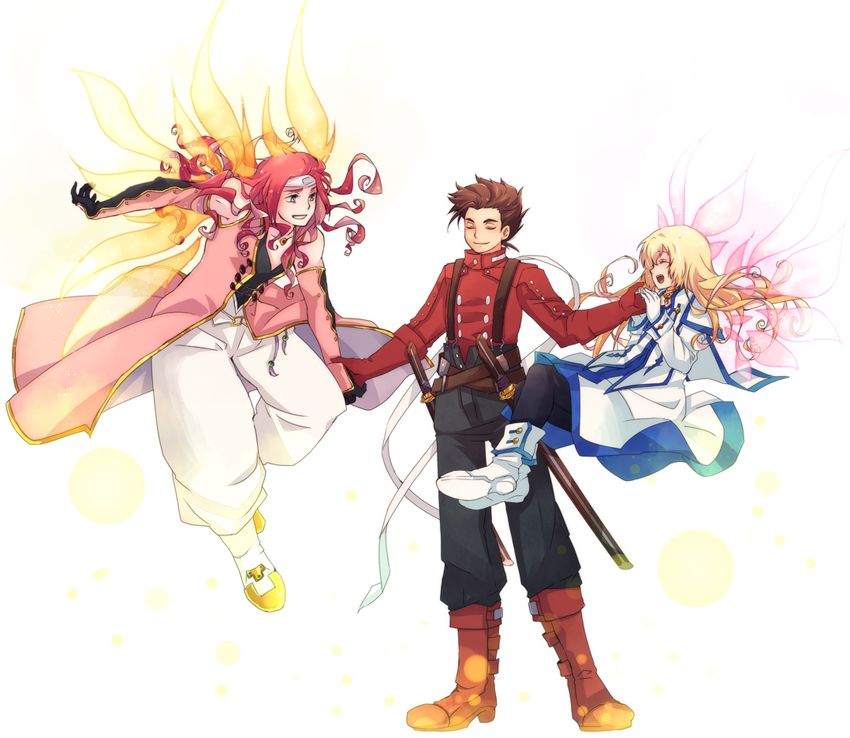
When he had examined it, he said to the Dwarfs, “Let me have this case, and I will pay what you like for it.”
But the Dwarfs replied, “We will not sell it for all the gold in the world.”
“Then give it to me,” said the Prince; “for I cannot live without Snow-White. I will honor and protect her as long as I live.”
When the Dwarfs saw that he was so much in earnest, they pitied him, and at last gave him the case, and the Prince ordered it to be carried away on the shoulders of his attendants. Presently it happened that they stumbled over a rut, and with the shock the piece of poisoned apple which lay in Snow-White’s mouth fell out. Very soon she opened her eyes, and raising the lid of the glass case, she rose up and asked, “Where am I?”
Full of joy, the Prince answered, “You are safe with me.” And he told to her what she had suffered, and how he would rather have her than any other for his wife, and he asked her to accompany him home to the castle of the King his father. Snow-White consented, and when they arrived there they were married with great splendor and magnificence.
Snow-White consented, and when they arrived there they were married with great splendor and magnificence.
Snow-White’s stepmother was also invited to the wedding, and when she was dressed in all her finery to go, she first stepped in front of her mirror and asked:
“Mirror, mirror on the wall,
Who is the fairest of us all?”
and it replied:
“The Queen was fairest yesterday;
The Prince’s bride is now, they say.”
At these words the Queen was in a fury, and was so terribly mortified that she knew not what to do with herself. At first she resolved not to go to the wedding, but she could not resist the wish to see the Princess. So she went; but as soon as she saw the bride she recognized Snow-White, and was so terrified with rage and astonishment that she rushed out of the castle and was never heard of again.
LET’S CHAT ABOUT THE STORIES ~ IDEAS FOR TALKING WITH KIDS
Kindness
1. The seven dwarfs were very protective and loyal to Snow White. What sorts of qualities did Snow White have to make them care for her so greatly?
The seven dwarfs were very protective and loyal to Snow White. What sorts of qualities did Snow White have to make them care for her so greatly?
Beauty, Jealousy
1. Snow White’s stepmother goes to great lengths to kill Snow White because she is envious of her beauty. What do you think the story might tell us about jealousy and beauty?
"Winter Tales and Stories" Zoshchenko Mikhail Mikhailovich, Suteev Vladimir Grigorievich - book description | Favorite stories for children
"Winter Tales and Stories" Mikhail Mikhailovich Zoshchenko, Vladimir Grigorievich Suteev - book description | Favorite stories for children | AST publishing houseWinter Tales and Stories
Mikhail Mikhailovich Zoshchenko, Vladimir Grigorievich Suteev
Foreign rights >>
Annotation
The book "Winter Tales and Stories" is a real storehouse of New Year's miracles. It contains fairy tales of the classics of children's literature and modern writers - V. Suteev, P. Bazhov, Kir Bulychev and others. Children will read fascinating stories, learn New Year's traditions and get ready for the main winter holidays - New Year and Christmas!
It contains fairy tales of the classics of children's literature and modern writers - V. Suteev, P. Bazhov, Kir Bulychev and others. Children will read fascinating stories, learn New Year's traditions and get ready for the main winter holidays - New Year and Christmas!
Preschool
Random novelty
Reviews of readers
Characteristics
Author:
Zoshchenko Mikhail Mikhailovich, Vladimir Grigoryevich Sutheev
Edition:
Baby
Episode:
Favorite stories Lapshina Diana Yurievna, Vlasova Anna Yulievna, Morkovkina Tatiana Andreevna, Salienko Natalia Petrovna, Nikolaev Yuri Filippovich, Andreev Alexander Semenovich, Khalilova Alsu Ravilovna, Muratova Ekaterina Leonidovna
ISBN:
978-5-17-138593-4
weight (kg):
0.589
Binding:
Solid
Height (mm):
217
The date of the last circulation:
09/20/2021 G.
Paper:
Offset paper 72/100
BBK:
84 (2ros ore) Y43+74.9 9000
UDC:
82-93+372.2
Content:
SNOW MAIDEN
Russian folk tale retelling by LN Eliseeva
Pic. T. Morkovkina .................................................... .........5
VF Odoevsky
MOROZ IVANOVYCH
Pic. A. Vlasova ............................................... .............23
V.Suteev
SNOW BUNNY
Pic. author ................................................. ..................46
S. Prokofieva
WILL NOT ASK FOR FORGIVENESS
Pic. N. Salienko ............................................... ............55
P.Bazhov
SILVER HOOP
Pic. Yu. Nikolaeva .............................................. ........107
M. Zoshchenko
Yolka
Fig. A. Andreeva ............................................... ...........125
Kir Bulychev
TREE FOR BABY
Pic. E. Muratova ........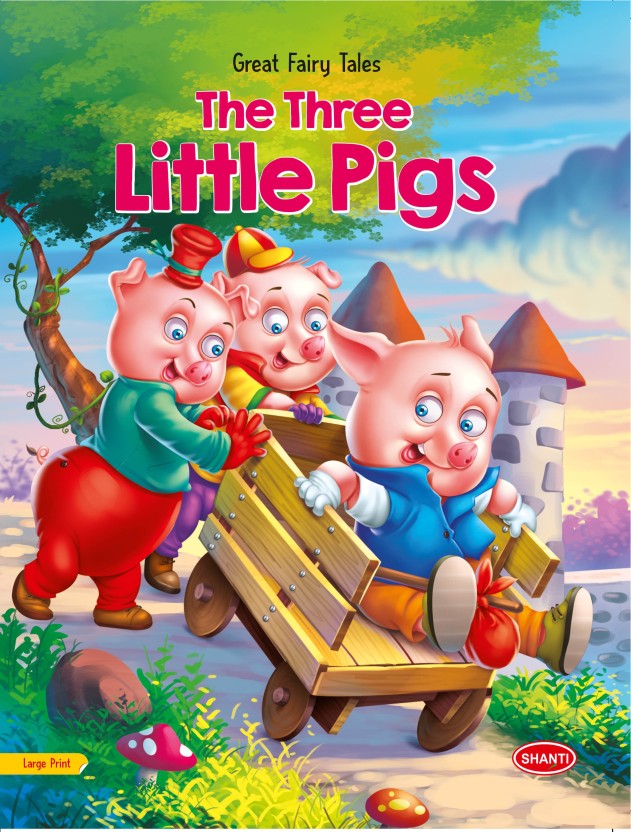 ....................................... .........134
....................................... .........134
M.Druzhinina
THE HAPPiest Christmas tree
Pic. A. Khalilova ............................................... .........151
E.Nesterina
THE FIRST FATHER FROST
Fig. S. Eremina ............................................... ..........155
Aya En
HOW CHRISTMAS BALLS GROW
Pic. D. Lapshina ............................................... .........179
L.Charskaya
PRINCESS ICE
Pic. A. Vlasova ............................................... ...........223
Information product mark:
0+
See also
See also
News
9BooksPlease select category
For new books
Enter your mail *
@izdatelstvoast
News, novelties,
selections and recommendations
Enter your mail * Enter the text of the complaint *
Thank you for contacting us!
Your complaint will be processed as soon as possible.
Enter your mail * How to contact you * Enter password *
Thank you for registering!
A request to confirm registration will be sent to the specified E-mail.
Read online “Tales and Stories”, Max Frei – LitRes
© Max Frei, text
© LLC AST Publishing House, 2017
Both jesters: and Pierrot, covered in powder that has turned gray during the day, bruised from the Harlequin stick , and the Harlequin himself, whose mouth is twisted from everyday grimaces, his palms bloom with eczema, and his blood is poisoned by his own sarcasm, offer up a prayer of thanksgiving in the evenings.
– Lord! - they say in a secret duet (each at his own place, alone with himself and for himself, but at the same time).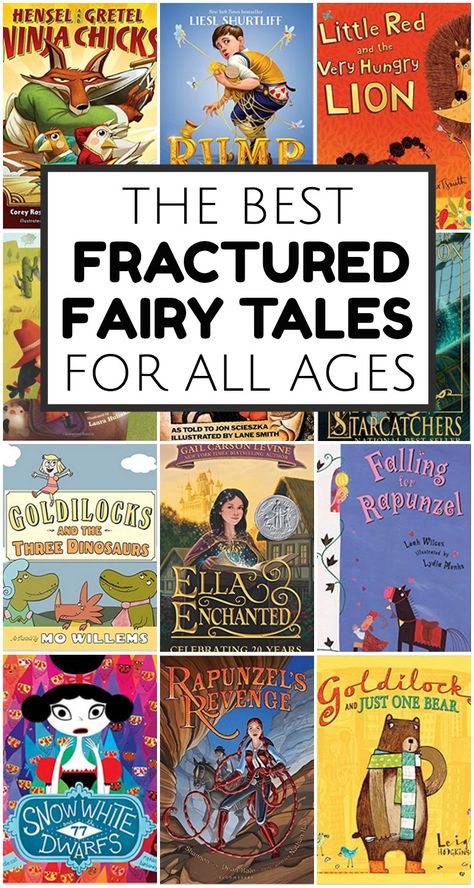 “Thank you, Lord,” they say, “that you didn’t make me a fool Colombina, who has no other sorrow than to finally choose between two worthless jesters, Pierrot and Harlequin.
“Thank you, Lord,” they say, “that you didn’t make me a fool Colombina, who has no other sorrow than to finally choose between two worthless jesters, Pierrot and Harlequin.
* * *
Orpheus, having accomplished the impossible, having descended alive into Hades, finds Eurydice there, quite content with the afterlife. She is popular here, many dead ladies are stuffed into her girlfriends, and dead men dream of becoming her boyfriends. She is not in a hurry, she chooses. She already has a good job, and they promise that it will be better soon. At night, she and her company travel around the best nightclubs in Hades, in the mornings she drinks black underground coffee and cracks strawberries and cream from the nearest hellish supermarket. She is, in a word, all right. And yes. She had long forgotten that this was the afterlife. At first I remembered, but now, I got wrapped up, twirled, ate strawberries - and forgot. So in the world of the dead almost always happens.
Well, the stump is clear, when Orpheus announces: “I will now take you to the world of the living,” beautiful Eurydice twists her finger at her temple. “Psycho is crazy. Escapist," he says.
“Psycho is crazy. Escapist," he says.
And Orpheus sits like a fool on a hellish stool in the underground kitchen of his dead lover, drinks coffee, does not sing songs (neighbors because behind a thin hellish wall), and then gets up and leaves - like a fool, again. So what to do?
This is how hearts break.
* * *
Odysseus, driven either by a sense of duty or by ordinary sentimentality, finally returns to Ithaca. Stepping on the shore, he looks around with dreary disgust. He forgot how withered the grass is on this coast.
It's not that Ithaca is such a lousy place. Not bad at all. It's just that the person who reigned on this island and loved Penelope is long gone. And the new one, matured and wise by wandering-ordeals, having visited the underworld, hearing the sirens and talking tete-a-tete with Athena herself, has no idea how and why one can live in Ithaca, go to the service every day, work as the local king without weekends and holidays, without much hope for a coup d'état even.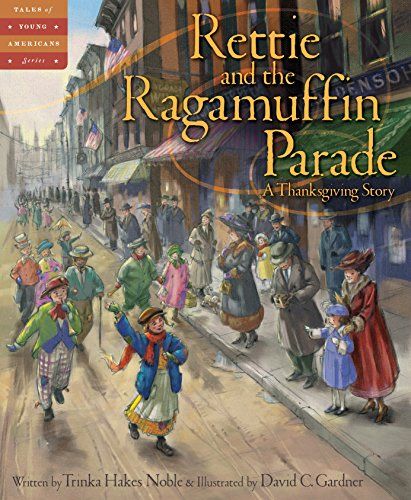
Under cover of night, he sneaks into his palace, pretending to be the shadow of the deceased, and calls Penelope the name of the most worthy of the suitors. He freezes on the threshold of his son’s room, scratches his head, understands: “I have nothing to say to him,” and returns to the boat, where the hatifnatts are already waiting for him.
They have a Barometer.
* * *
...Pinocchio spends the night on a tree, hung upside down, bound hand and foot by imaginary robbers.
Alice, Basilio - who are they really?
Good, very good question.
It is difficult not to assume that the fox comes from the Middle Kingdom; perhaps, showing everyone who wants her red tail, she hides another nine hundred and ninety-nine under the beggar's rags.
The cat is probably the rightful heir of the ancient Egyptian mysteries. In fact, the origin of the cat changes little.
The black poodle Artamon, who removed Pinocchio from the Tree, perfectly complements the picture, which is already quite sinister.
Further events are quite natural. The study of literacy (perhaps Kabbalah?) begins with a magical shifter arozaupalanalapuazora , and continues in a dark basement with spiders. It is clear that it is not at all the fault of the student, it is just that some formulas cannot be memorized in sunlight. This, I hope, is clear.
Ritual burial of coins at night in a wasteland declared the Field of Miracles, and even in the Land of Fools, under the guidance of the same Alice and Basilio - parting with property in the name of the promised miracle. In secret brotherhoods, this is practiced. Only after that it becomes possible to meet the Turtle and acquire the Key.
As in any good story about the Path, the key comes before knowing how to use it. You have to acquire this knowledge yourself, with difficulty and risk, because hostile priests own the secret: an ecstatic puppeteer and a meticulous medicine man. From the very beginning it is clear that they will not see the Key like their own ears.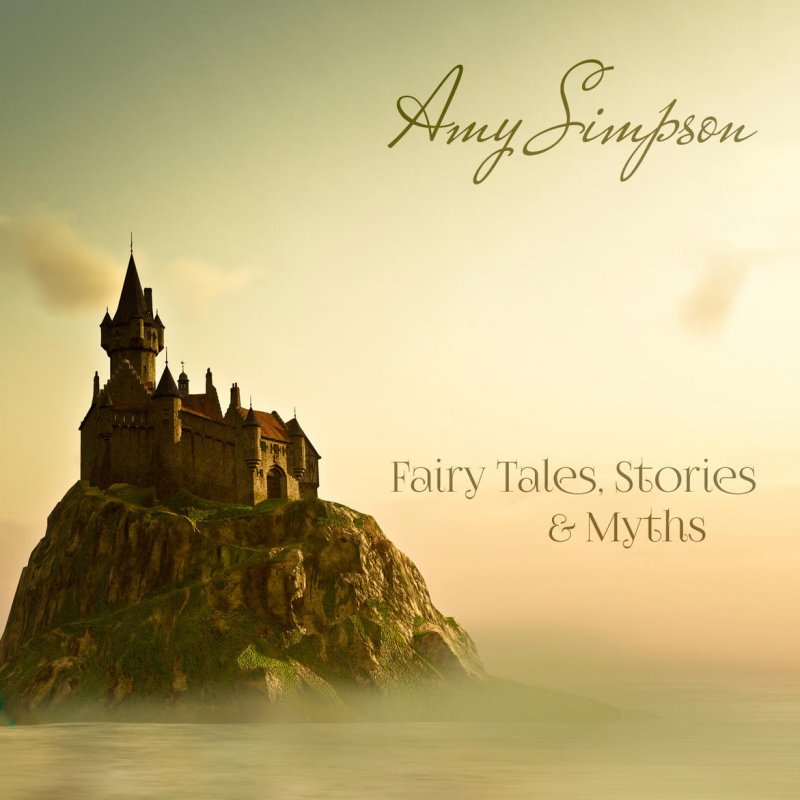 Such, alas, is the fate of all theorists.
Such, alas, is the fate of all theorists.
At last the knowledge of the Key is obtained. As usual, it discourages the hero: it turns out that the magic door to the unknown was under his nose from the very beginning; the path for the Key and knowledge of the Key led the wanderer farther and farther away from the Door. Now it's time to return.
The ending is known to everyone, but is fully understood by only a few initiates in the Mystery of Pinocchio. The door is safely open; what is behind it - another dimension, another life, only at first glance similar to the fulfillment of past desires?
We can only guess, but that's enough.
It seems that there are not even four stories, but only one. The story of a long search for the Door, which from the very beginning was very close, at a distance of an outstretched nose. From the point of view of a biased (very biased) reader, of course.
Of course.
* * *
Icarus, contrary to rumors, did not crash, but was saved by a small detachment of winged maidens, judging by their dialect, strangers. They were touched by his puppyish courage, made laugh by artificial wings.
They were touched by his puppyish courage, made laugh by artificial wings.
One of the virgins took Icarus to live with her; soon he became attached to the savior so that he even forgave her his distorted name: for some reason she could not pronounce "Icarus" and called him Karl - it was more familiar to her. But flying in the arms of his beloved turned out to be much more comfortable than with the help of bulky wings of his father's production. Next to her, Karl (Icarus) was absolutely sure that one day he would fly to the sun: if not today, then tomorrow. Or in a year. Who cares?
Icarus (Karl) did not meet with Daedalus again and did not even write: he knew that his father would start a scandal, until the end of his life he would reproach him for violating instructions, and he could not stand family scenes.
But with the Valkyrie Skegul they lived in perfect harmony; their union was not overshadowed even by the birth of a son who, contrary to the secret hopes of his mother, went into his father's breed: he was born wingless. Nevertheless, she loved and spoiled her little son, although she was a little ashamed of his "disability".
Nevertheless, she loved and spoiled her little son, although she was a little ashamed of his "disability".
When the boy grew up, it turned out that he succeeded not so much as a father, but as a grandfather: from morning till night he fiddled with some ingenious mechanisms. Invented an aircraft. At first it was an innocent game, but over the years, when the son of the winged maiden and Karl-Icarus finally matured, it became a real passion.
Looking at the result of his many years of work, the mother was horrified: her husband's false wings touched her at one time, but this new artificial device for flying seemed to her blasphemy, ugliness and squalor.
Tired of arguing with his mother, the son left home and settled in a tiny attic, rented for ridiculous money, since the owner of the house was already desperate to find a tenant for this "birdhouse". He did not grieve, he was his own boss, he slept until noon, cooked cocoa on a small stove, walked a lot, in the evenings he was busy with his pieces of iron. Why not live for a man in his prime?
Why not live for a man in his prime?
- Any fool can fly with wings. But you try to fly like me, - the son of Karl and the Valkyrie grumbled good-naturedly, fitting the motor to his propeller.
He decided that he should still visit his parents and rehearsed in advance the future argument with his mother.
* * *
She looks at her own reflection in disgust. He blinks awake, squints short-sightedly, but even without that everything is very clearly visible. Too good.
Horror, he thinks. - No, it's really terrible! Bags under the eyes, worse than mother's. Wander - yes, I have long suspected that it is double, but it is actually triple! The pig has become fat, how sickening! And the complexion... No, it's not the complexion already, it's the color of the Chimera's urine - at best. No wonder: when was the last time I slept like a human being? That's the same ... And the hair, how the hair fell off! These are no longer just cosmos, these are natural snakes.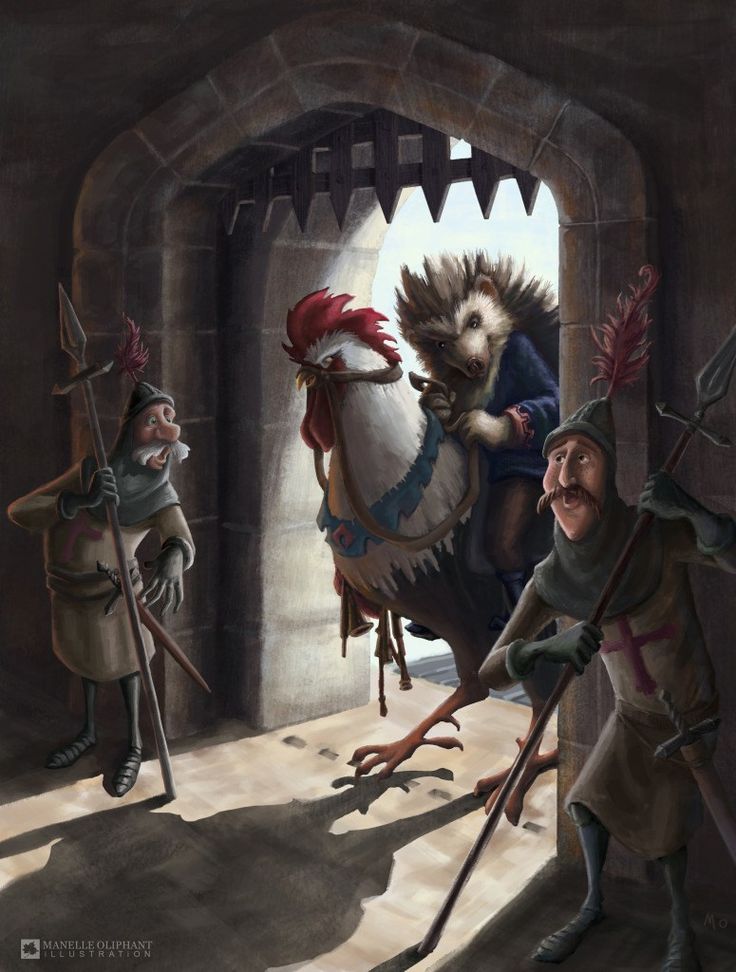 Look, they’ll hiss…”
Look, they’ll hiss…”
“All right,” she thinks, “but this handsome young man is exactly my type, he sees me too. It is what it is, and it is - it can't be worse. For some reason, after all, he came here, to the end of the world - specifically for me, right? I heard enough stories about my former beauty, got ready, and went, as it happens with young men. Well, come and have a look. Poor. And I, I am so poor!"
The young man's face, quite impassive and concentrated, if you look closely, nevertheless expresses either fear or disgust. More like the latter, she tells herself. Why would he be afraid of me? It's just disgusting, yes. I would also be disgusted in his place ... yes, I am disgusted in my place. What a shame, what a shame! In this form, to appear before a stranger ... And he also, I suppose, saw me sleeping. On the ground, in a rush, spreading flabby legs ... You can die of shame! And, frankly, you should. What else is left for me now?
And she dies of shame. No sooner said than done.
No sooner said than done.
Perseus did not really understand why the mirror shield had such a crushing effect on Medusa. But in war, the result is important, and understanding is the tenth thing. So he then, in his youth, thought.
“What a beauty,” Perseus sighed with regret, separating the still useful head of Medusa from the body that was no longer needed. “Pity her.”
* * *
Excruciatingly longing for honey. So he needed honey - at least cry.
But he didn't cry, of course. He flew, higher and higher, rapidly approaching the tree crown, almost infinitely far from the ground. He muttered under his breath: “I am a cloud, a cloud, a cloud, and not a bear at all…”
He, of course, was not a cloud, and, strictly speaking, he was not a bear either. But the flight should be accompanied by a song, at least some - so it seemed to him then. So he hummed his chants-nozzle for lack of a better one. It didn’t turn out too smoothly - well, yes, why would he suddenly speak fluently? There was no honey, and no.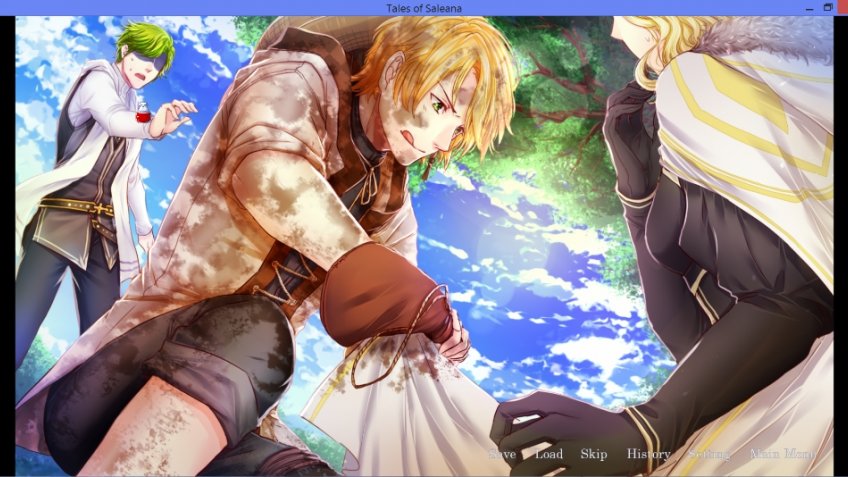
He climbed higher and higher. At some point, it seemed to him that the enterprise this time could well be crowned with success, but no. Again nothing happened. He was noticed, recognized, he was rebuffed, as always.
As always.
The fall was not so much painful as humiliating. Fragrant honey was still unavailable.
On that day, Odin was finally convinced that it would be impossible to steal or take Poetry Honey by force. He handed out balloons to the Valkyries and went to negotiate a fair exchange.
* * *
Before jumping off the cliff, the Sphinx whispers a few more words into Oedipus' ear. Oedipus hears his last riddle quite clearly, but does not understand anything. He shakes his head dumbfounded, shrugs his shoulders and goes to Thebes to reign.
Time does not stand still. Oedipus reigns, the Thebans thrive under his hard hand, his wife Jocasta surrounds Oedipus with truly maternal care and regularly gives birth to his children.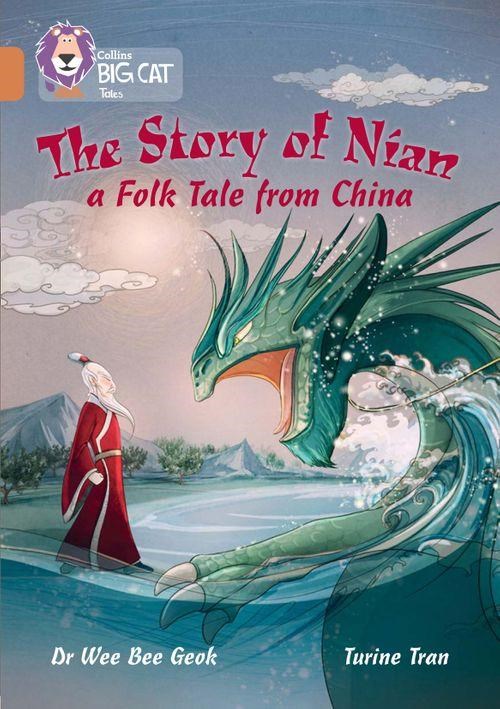 They are all right. But the regal brow frowns more and more often, although Oedipus has no reason to be upset.
They are all right. But the regal brow frowns more and more often, although Oedipus has no reason to be upset.
Not yet.
In fact, of course, he cannot forget the last words of the Sphinx. At first, the monster's question seemed to him an absurd joke, a mockery, a pitiful, unsuccessful revenge of the doomed; now the Theban king often sits up late at night in the throne room: only here he manages to calmly think.
Years go by. The children are growing, Jocasta is doing well, the power of Thebes is growing stronger, and Oedipus devotes more and more time to the last riddle of the Sphinx. In truth, he is almost unable to think about other things anymore. One day he is told that an epidemic has begun in Thebes; as a king he is obliged to take action. This annoys Oedipus extremely, as it distracts him from thinking about the riddle.
A local celebrity, a favorite of the gods, the blind prophet Tiresias appears in the palace. His tone seems to Oedipus grandiloquent, and his gestures too theatrical, but, probably, all the prophets are like that, which means you have to endure.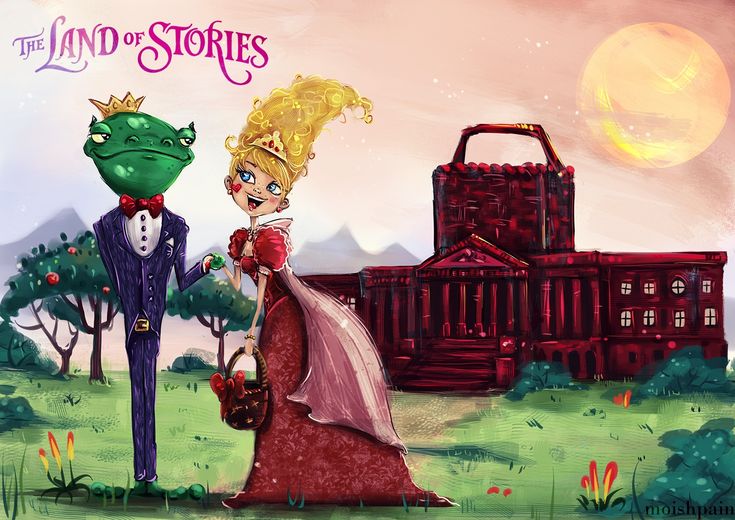 The king expects help from the guest, but the speeches of Tiresias whip up hysteria, the king's father-in-law Menekey for some reason throws himself down from the cliff, Jocasta cries and foolishly calls her husband "son", the courtiers squeal like hares, children and townspeople yell in different voices. They call him, their lord and master, "paricide". They run, wave their arms, flicker. Oedipus does not really understand what happened, but all this makes it very difficult to concentrate on the main thing.
The king expects help from the guest, but the speeches of Tiresias whip up hysteria, the king's father-in-law Menekey for some reason throws himself down from the cliff, Jocasta cries and foolishly calls her husband "son", the courtiers squeal like hares, children and townspeople yell in different voices. They call him, their lord and master, "paricide". They run, wave their arms, flicker. Oedipus does not really understand what happened, but all this makes it very difficult to concentrate on the main thing.
Yes, exactly. On the main.
With amazing clarity, Oedipus suddenly realizes that the purpose of his life is not the well-being of Thebes, and, even more so, not a happy family life. He was born in order to find the answer to the last question of the Sphinx. There are also such fates.
So that the luxury and bustle of the palace would not distract him from his thoughts, the king gouges out his own eyes with Jocasta's gold buckle, since her decorations are scattered all over the house.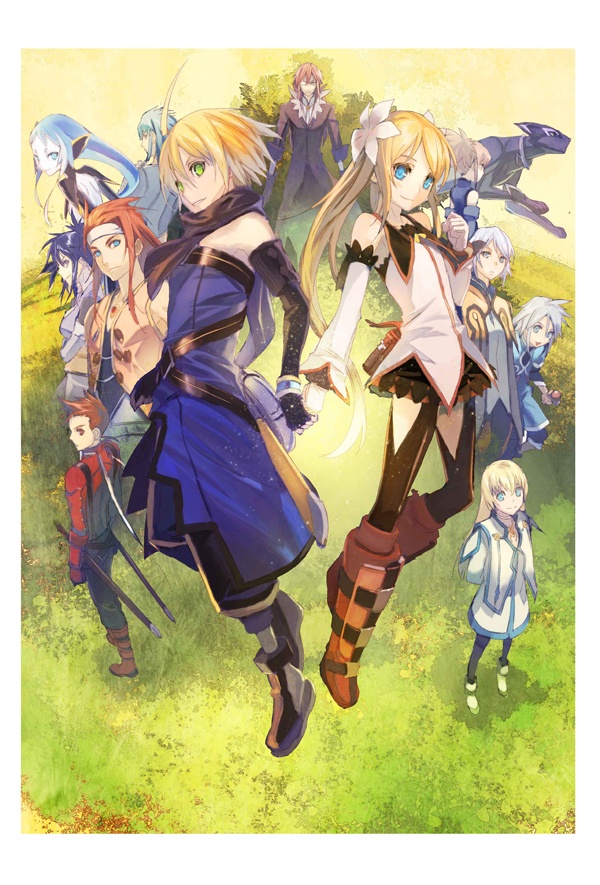 At first the darkness brings relief; It seems to Oedipus - a little more, and he will understand everything ... But then the courtiers surround him, and some report that his wife Jocasta was smart enough to commit suicide, while others ask for orders regarding the burial of the late queen. Teresius appears and demands a fee. Children mourn their mother in chorus and vying with each other demand new chariots and mid-thigh tunics fashionable this season. They are now orphans, they need to be pampered.
At first the darkness brings relief; It seems to Oedipus - a little more, and he will understand everything ... But then the courtiers surround him, and some report that his wife Jocasta was smart enough to commit suicide, while others ask for orders regarding the burial of the late queen. Teresius appears and demands a fee. Children mourn their mother in chorus and vying with each other demand new chariots and mid-thigh tunics fashionable this season. They are now orphans, they need to be pampered.
Stopping his ears, spewing curses, Oedipus leaves the palace, and then Thebes. The life of a blind exile is not easy, but the former king does not complain. Now he has silence, darkness and loneliness. Antigone, the beloved daughter, follows her father, looks after him, feeds him and does not interfere with his thoughts at all. She is smart. At last, Oedipus can calmly consider the last words of the Sphinx.
However, it cannot be said that he is making progress. There was no answer to the monster's meaningless question, and no.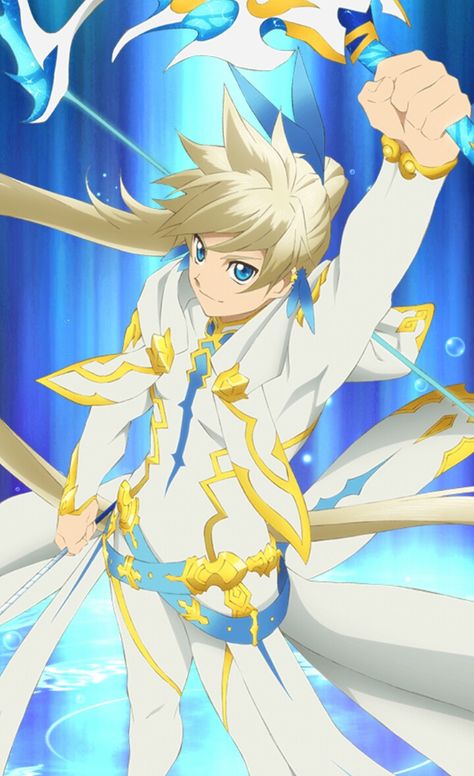
One day some young blockhead follows Antigone, and she, desperate to get rid of her uninvited suitor, gives him a resounding slap in the face. Startled, Oedipus asks with interest: "What was that?"
“Slap, dad. Just a slap in the face,” Antigone replies, looking down. She is ashamed of her own vehemence, but Oedipus enthusiastically exclaims: “Well done, daughter!” - and starts laughing.
“Well,” he says, laughing, “here he is, so what, clap with one hand !"
However, he never received enlightenment.
* * *
The dawn was barely breaking, but Snufkin was already walking along the forest path, playing a cheerful road song on the harmonica. The hospitable Mummidol was already far behind, but Snufkin did not lose heart.
He was never at all discouraged when he set off on his journey: after all, he was to see a great many interesting things and, perhaps, experience the most Real Adventure that his young friend Moomintroll could only dream of.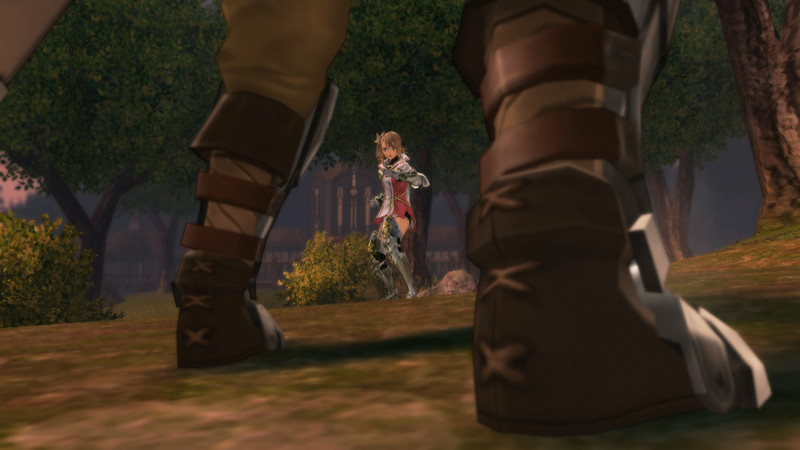 In addition, there was a bundle in Snufkin's pocket, pancakes with raspberry jam, prepared for him on the road by a caring Mummy-mother, his memory kept a great many new songs, the bushes along the path were full of berries, and it was so far before winter that he didn’t even have to think about it meaning. What a lucky coincidence!
In addition, there was a bundle in Snufkin's pocket, pancakes with raspberry jam, prepared for him on the road by a caring Mummy-mother, his memory kept a great many new songs, the bushes along the path were full of berries, and it was so far before winter that he didn’t even have to think about it meaning. What a lucky coincidence!
Now Snufkin himself could hardly believe that once upon a time (he was at that time much younger and much more serious than now) such a fate seemed to him a curse. However, a great many people still believe that he became a wanderer as a punishment for some stupid sins. In fact, it is difficult to invent a more desirable reward!
Thinking about this, the eternal wanderer, known to the inhabitants of Mummy Valley under the name Snufkin, laughed, famously pushed his green hat to the back of his head and said to himself aloud, which had not happened to him for a long time: “Your life is truly beautiful, Ahasuerus! And it's good that it will never end!
* * *
The weather was calm.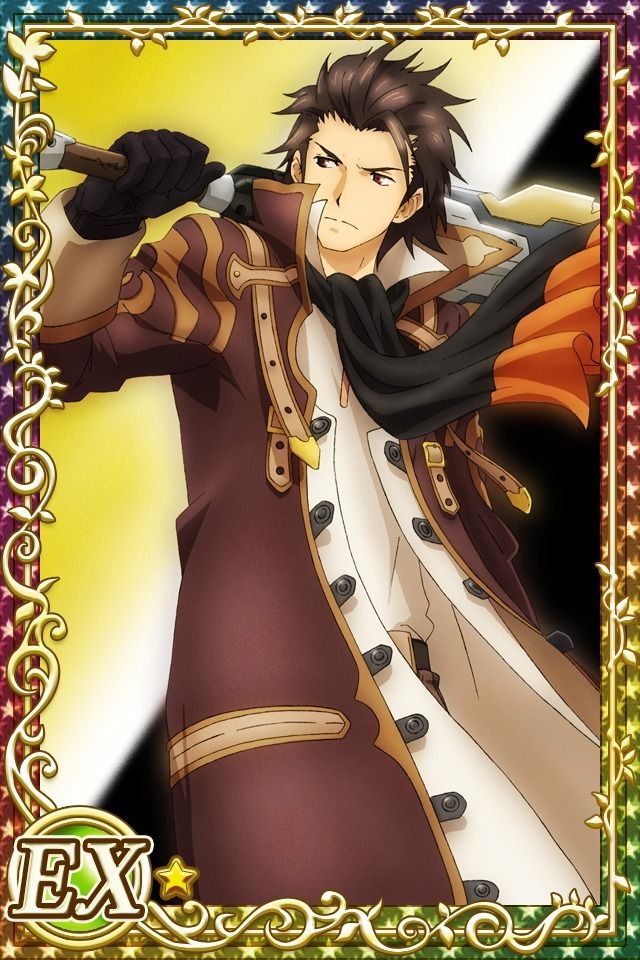 So early in the morning he went to the lake. As always, he stood motionless on the shore, holding his breath, peering into the mirror surface. Waiting for something unknown, not really hoping for anything. He just knew from somewhere (did he guess? Did he feel it with his heart?) that every mirror is an entrance to the unknown, and reflections (including his own reflection) are the inhabitants there, witnesses of unprecedented deeds, perhaps even guides.
So early in the morning he went to the lake. As always, he stood motionless on the shore, holding his breath, peering into the mirror surface. Waiting for something unknown, not really hoping for anything. He just knew from somewhere (did he guess? Did he feel it with his heart?) that every mirror is an entrance to the unknown, and reflections (including his own reflection) are the inhabitants there, witnesses of unprecedented deeds, perhaps even guides.
In a word, he perfectly understood why goes to the shore of the lake every day, although he had no idea, of course, how exactly everything would happen. I only vaguely hoped something would happen—well, something. At least somehow. And he gave himself an honest word that he would not miss his chance.
Well, I didn't miss it. When the mirror surface of the lake suddenly turned into a transparent (born long before the invention of glass, he had never seen anything like it) door, the wings of which silently parted, inviting him to enter, he did not hesitate for a minute.
- Can you imagine, these fools thought that I was crazy about my own appearance, and from morning till night I run to the lake to admire how handsome I am. This should have been thought of! Narcissus complained to the smile of the Cheshire Cat, whose job it was to entertain a guest when the owner disappeared on business.
* * *
As you know, the Swallow carried Thumbelina far south, to the Land of Eternal Summer. There was enough sunlight and flower nectar for everyone, but there were no nasty toads, beetles and moles at all. Not their territory.
The swallow sat the little girl on the edge of the freshest flower petal, said goodbye and flew off on her bird business. Thumbelina was perfectly happy. She drank the nectar to her heart's content, settled herself comfortably, dangled her legs a little, and finally froze in anticipation of a bright future promised to her by a good storyteller she knew.
A few hours later, when the little girl was beginning to get bored, a little man appeared on a nearby flower, as tiny as Thumbelina herself. Behind him, silvery dragonfly wings trembled. Thumbelina looked at him with undisguised curiosity. She really hoped that the stranger would offer her to play some interesting game. Surely he knows a lot of interesting games!
Behind him, silvery dragonfly wings trembled. Thumbelina looked at him with undisguised curiosity. She really hoped that the stranger would offer her to play some interesting game. Surely he knows a lot of interesting games!
Elf really knew a lot. No wonder: he was more than forty thousand years old, and this, by elven standards, is a very mature age.
An unfamiliar little girl who settled in a nearby flower immediately attracted his attention. He had been looking at her from his hiding place for half a day, and now he decided to take a chance and try to get to know her. It is unlikely that the baby will refuse the opportunity to fly over the lawn. Little girls are very fond of flying over lawns, he knows...
“Hello,” the elf said to Thumbelina. My name is Humbert. Humbert Humbert, with your permission.
* * *
People howled softly in horror. An hour ago they squealed loudly, but since then they have had time - not only to calm down, but to get tired.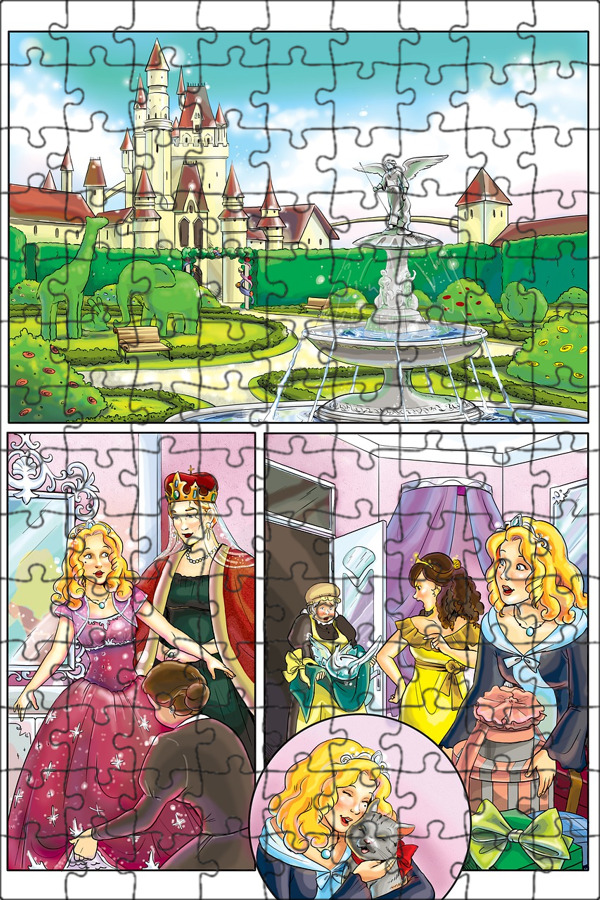
For the 318th time, Prometheus repeated the explanations: this is fire, it is not terrible, but useful, it gives light and warmth, and you can also fry meat on it, you just need to handle it carefully. A few simple, very simple safety rules, and everything will be okay.
This mysterious "okay" scared people almost as much as fire. But they tried very hard to control themselves.
Prometheus spoke, explained, showed, defiantly roasted eight legs of lamb and even hastily made garlic sauce, while people stared at the flames and howled softly in horror. They didn't understand anything. Nothing.
Finally, Prometheus has exhausted all his explanations, arguments and good feelings at the same time. He said in the end: “Well, look, be more careful with him,” and walked away.
As soon as the titan disappeared into the nearest olive grove, the leader of the tribe cheered up, stopped howling, and gave the command to the rest of the men: go ahead!
They fearlessly approached the fire. Horror was replaced by cheerful excitement and legitimate pride of warriors. Now the safety of the tribe depended only on them, men. It was damn nice.
Horror was replaced by cheerful excitement and legitimate pride of warriors. Now the safety of the tribe depended only on them, men. It was damn nice.
“I told you, idiot: they always extinguish it,” Zeus grinned and winked at Prometheus, who watched with sadness and disgust as the savages favored by him urinated on the divine fire.
Zeus realized that he went too far and changed his tone.
“I’ve thrown so many lightning bolts at them, it’s all to no avail,” he said sympathetically. - But I do not lose heart: sooner or later there will be some smart guy who will understand that with fire you can not only set fire to the fur on your backside, but also warm your hands, and everything will settle down. In our business, it doesn't happen quickly. Oh you fucking progressor.
* * *
Sometimes Sisyphus is allowed to rest. That is, do not immediately run down the mountainside after a rolled stone, but sit down on the top, get a bottle of beer, a jar of young potatoes, take out a sun-warmed, sweat-salted tomato from your bosom. Drink, snack, smoke slowly after a sweet, full burp. And the stone - well, let the stone lie below. Will not go anywhere.
Drink, snack, smoke slowly after a sweet, full burp. And the stone - well, let the stone lie below. Will not go anywhere.
However, Sisyphus no, no, and even look down: how is the stone? He understands that there are no fools to appropriate such a dubious treasure, but he is still a little nervous. But what if?
Sisyphus is sometimes visited by his children and grandchildren during his rest hours. They bring gifts, look sympathetically, pity the old man. However, Sisyphus himself is quite sure that they respect his stubbornness and, perhaps, even envy him. They just don't show it.
“Look at me, children,” he says condescendingly. - Watch and learn. Every person should have their own business. Without work, life becomes empty and worthless. You are already adults, and none of you yet has neither a stone nor a mountain. I'm ashamed of you fools!
The "Dumbass" agree with Sisyphus, vying with each other to praise his perseverance, they say that no one else in the world has such a huge stone and such a high mountain.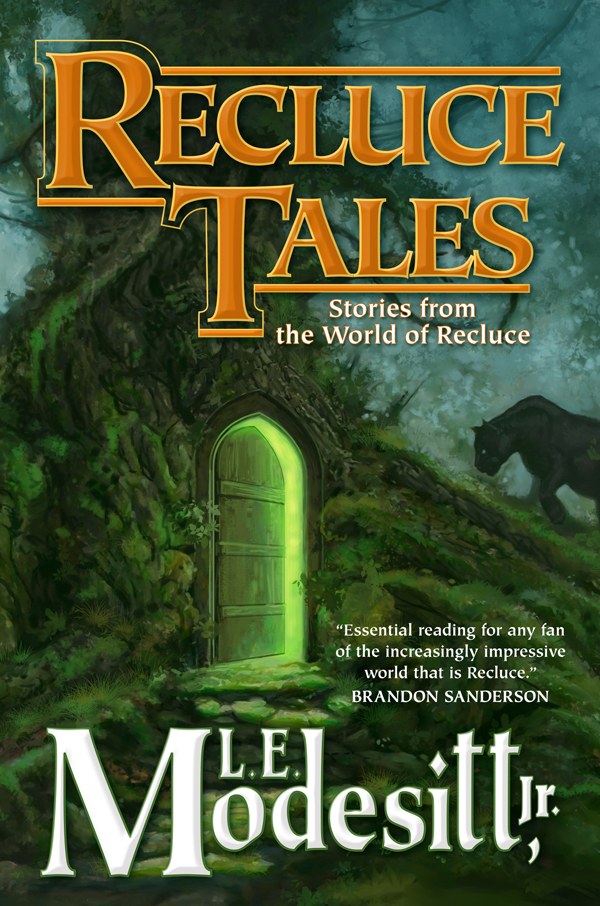 Hastily compose comforting news, talk about envious gossip of neighbors, admiring whispers of young maidens, high-flown oaths of ardent boys who supposedly dream of growing up quickly and repeating the fate of Sisyphus.
Hastily compose comforting news, talk about envious gossip of neighbors, admiring whispers of young maidens, high-flown oaths of ardent boys who supposedly dream of growing up quickly and repeating the fate of Sisyphus.
They are good children and will not upset an old man.
* * *
Animal! she screams, choking on tears and anger; weariness and disgust silence her. She is almost calm now, but swear words fill her mouth and in order to free herself from this sickening gag, she again yells: “Animal! Ugly, dirty, stupid animal!”
Whether it was his fault, whether he deliberately hid in the thickets near her favorite bath, or accidentally wandered into these reserved places, she did not begin to understand. Who cares? What was - was, what was done is done. For some reason, people seem to think that the gods are interested in their intentions - what nonsense! Only actions, deeds, events matter. Not all, of course. Some.
The denouement of this story is well known: Actaeon was turned into a deer (it was not for nothing that she shouted: “Animal, animal!”) His own dogs tore him to pieces; the story was diligently written down on parchment and sent to the largest libraries of the Oikumene as a warning to mortals: but don’t wander through the sacred groves with your eyes open, don’t mess with the virgin goddess, don’t take risks, why do you need trouble?
Only close friends-nymphs guessed that it was not at all the cruelty of Artemis, not her divine arrogance. It was simply impossible to leave alive a mortal who saw with his own eyes the thick curved ankles of the daughter of Zeus.
It was simply impossible to leave alive a mortal who saw with his own eyes the thick curved ankles of the daughter of Zeus.
* * *
At first, when the beautiful Judith brought the Head of Holofernes to Betulia, the Head made a splash. The defenders of the city with their wives and children went to look at her, wise elders and young slaves stared at the Head with the same expression of enthusiastic disgust, and one blind old woman carefully felt the Head to find out what the formidable commander looked like in life. In exactly the same way, she ran her sensitive fingers over the faces of her beloved, passionately desiring to forever imprint their features in her memory; however, the last lover left her a long time ago, so long ago that the Head of Holofernes at that time was still an infant head, covered with golden fluff.
Then, when the battle was won, the Head was forgotten. It dried well in the sun, became small, hard and very strong. Time had no power over the Head, it gathered dust in the basement of Judith's house and yearned for loneliness and lack of demand, like a retired rock star.
Years passed. Judith is dead; the time came, and the Destroyer of Pleasures visited her grandchildren and great-grandchildren. The house passed from hand to hand, the new owners added either upper floors or outbuildings to it; at the beginning of the next repair, the entrance to the basement was walled up and completely forgotten. About the Head of Holofernes, which by this time was pretty crazy from longing, and even more so was not remembered.
Enchanting and disturbing visions visited the Head. She imagined the greenery of protected forests, the lush grass of the meadows, the aroma of flowering roses and fallen leaves tickled her nostrils, and sometimes the terrifying image of a magnificent fiery beast invaded her dreams. The Beast promised the Head death - final, sweet and desired. The Head of Holofernes could well tell itself that the beast was sent to complete the work begun by Judith, but the Head had long forgotten Judith.
And not only her.
The head did not remember the past at all, but it still knew how to dream about the future. It seemed to the head: if you find a way to get out of the walled cellar, if you see the sky, if you have enough strength not to stop halfway, but to roll and roll, not knowing the rest, you can eventually roll away beyond the horizon line (the Head has long forgotten its own name, but still remembered what "Horizon" was), and there ...
It seemed to the head: if you find a way to get out of the walled cellar, if you see the sky, if you have enough strength not to stop halfway, but to roll and roll, not knowing the rest, you can eventually roll away beyond the horizon line (the Head has long forgotten its own name, but still remembered what "Horizon" was), and there ...
It is not known, of course, what awaits her there.
Happiness is probably in the form of a fiery beast. And the scent of roses, of course.
There was little hope of getting out of the basement, but the Head prepared to escape as best it could. She gnawed through the shabby cloth she was wrapped in, freed herself, and rolled closer to the door. Hidden.
In the end, when the next homeowners, elderly spouses opened the bricked-up basement and poked their head in in search of an ancient treasure, the Head fulfilled its plan. She ran away. Carefully rolled over the threshold, looked around. The sun's rays filled the empty eye sockets of the Head, incinerated the miserable remnants of her mind. The head burst out laughing and rolled, not understanding the road - forward, towards the horizon line.
The head burst out laughing and rolled, not understanding the road - forward, towards the horizon line.
When a small gray animal tried to stop a strange round object, which seemed to him more amusing than intimidating, the Head, not understanding what was happening, clanged the rotten skeletons of ancient teeth and croaked: “I left my grandmother, I left my grandfather ... »
She did not understand the meaning of these words at all, but she repeated them like a mantra.
* * *
Having driven away the fool Gerda so as not to interfere with work, forgetting about sleep and food, wiping his forehead sweating from exertion with unnecessary fur mittens, biting his lip from annoyance, he rearranged and rearranged from place to place slippery, naughty, almost shapeless ice floes.
When his work was completed, Kai felt no joy, only a dull pain in his temples and an emptiness that didn't look much like relief. According to the agreement, from now on the whole world really belonged to him, but he no longer knew what to do with this toy, and he did not even remember about new skates. Not up to them now.
Not up to them now.
The Snow Queen was pleased.
“Well, you already know how to make words from letters,” she said. - It's a matter of small things.
Carelessly stroked his head, suddenly clenched her fingers on the back of the head so that he could neither free himself nor turn away. Ordered:
- Open your mouth.
- What are you going to do? – frightened asked Kai.
- Nothing out of the ordinary, a little formality, in the end. I will tear out your sinful tongue both idle-worded and crafty ...
* * *
Through the mouths of numerous narrators, in detail, in different voices, so that for every listener there is a version according to growth and understanding, history tells us about Dr. Faust, but stubbornly keeps silent about his peer, neighbor and closest friend named Peter.
Against the background of the tragedy of Faust, this character is rather insignificant than mysterious, but in fairness it would be necessary to tell about him.
Half a century ago, an old man came from England to study mathematics and philosophy. He - so often happens with enthusiastic and absent-minded people - did not notice himself how he settled down in a foreign land, settled down, got married, started a house, planted a garden and, in the end, became a professor at the very university where he came in the hope of getting answers to all questions. being, and learned only not to ask about anything, and even to hide from the immature student minds that there are no answers to their stupid questions. Colleagues, wife and children called him in the German manner "Peter", and he took root in Germany so much that he no longer felt the difference.
Years passed, Dr. Peter became a widower, married off his two beautiful daughters to his best students, retired and now was sincerely surprised: where did the time of his life go, on what great deeds were the brilliant thalers of days wasted?
About this (and about many other things, of course) he talked with his colleague Faust over a glass of rhine wine in the long evenings, which always seemed to both of them autumn - even in May, or at Christmas.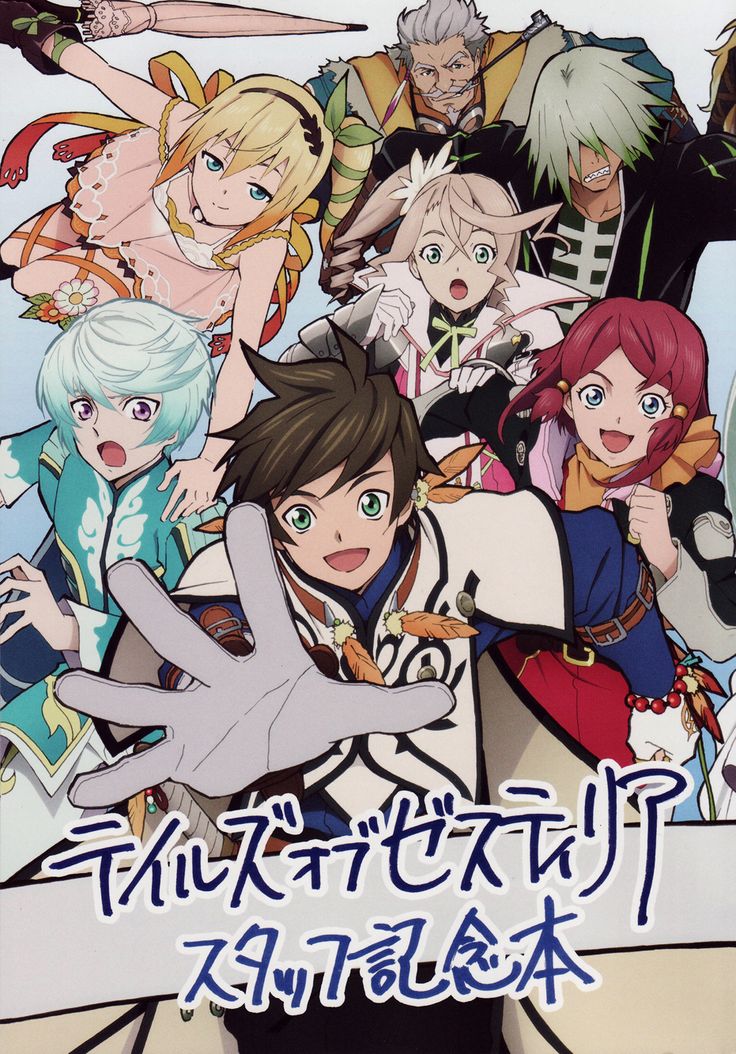
It is known that it is not easy to hide from friends, and even more so from neighbors; Faust spared the feelings of his colleague and did not want to let him in on his most terrible secret, but Dr. Peter was very observant and possessed a penetrating mind. His former ability to formulate questions brilliantly returned to him, and Faust quickly got tired of denying it, so that Peter's vague guesses soon became certainty, and then knowledge.
Mephistopheles didn't mind. He already knew that those initiated into his secrets were more likely to become clients than exorcists. In the guise of a black poodle, he sniffed Peter and urinated in all corners of his garden: he marked, so to speak, the territory. Just in case.
Watching his rejuvenated friend, secretly envious of his youthful agility, heartily sympathizing with his fall, Peter almost immediately realized what Faust's main mistake was. The neighbor, one might say, voluntarily laid his head on the chopping block. Youth is not only a time of hope and pleasure, but also a period of greatest vulnerability. A person is never so stupid and defenseless as in his youth. Intoxicated with desires and dreams, he takes his own carelessness for power, considers bodily vigor a guarantee of immortality, and the frivolity of revelry seems to him the wisdom of a philosopher - nothing surprising, it is really easy to make a mistake here.
Youth is not only a time of hope and pleasure, but also a period of greatest vulnerability. A person is never so stupid and defenseless as in his youth. Intoxicated with desires and dreams, he takes his own carelessness for power, considers bodily vigor a guarantee of immortality, and the frivolity of revelry seems to him the wisdom of a philosopher - nothing surprising, it is really easy to make a mistake here.
Faust's tragedy did not make much of an impression on Peter. That is, he felt sorry for his friend, but he himself did not become shy, did not flinch, but only confirmed the fidelity of his decision. He chose the day and hour most suitable for the fateful deal, wrote a will in advance, wisely distributing his property among his relatives, and burned the now useless manuscripts. The last days he devoted to playing with his grandchildren. I looked closely at them, observed, analyzed and understood more and more clearly that I had made the only right choice.
On the appointed day and hour, Dr.


